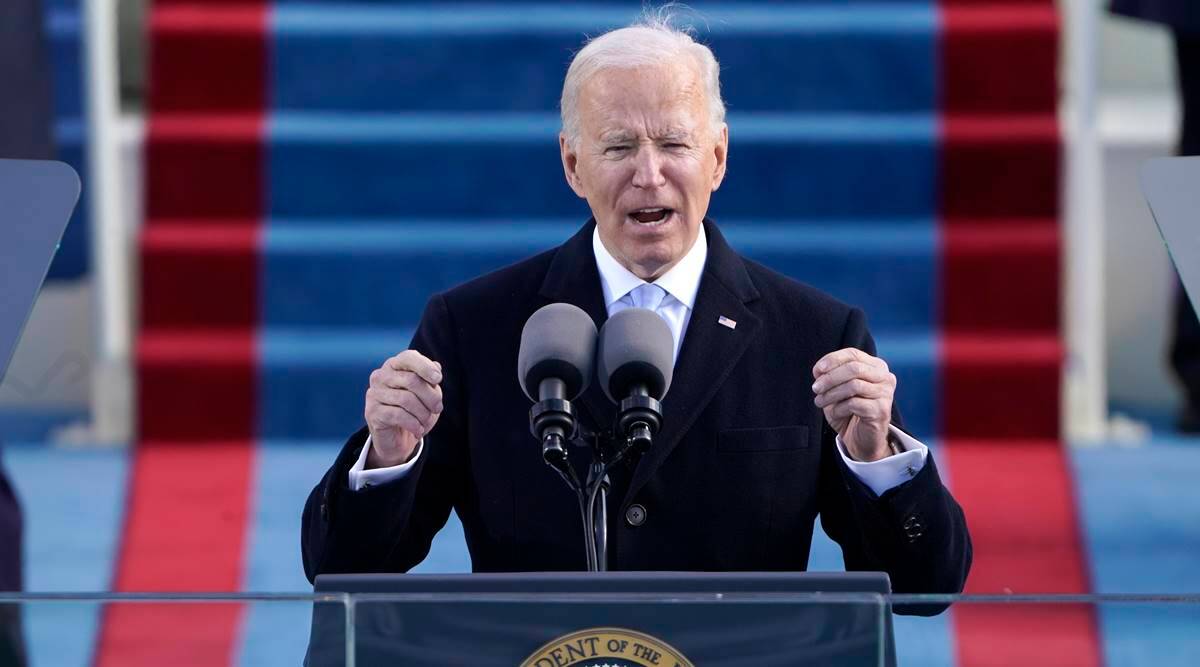The decision by Mexico’s President to boycott this week’s summit of regional leaders in Los Angeles proved futile after several months of efforts by President Joe Biden to convince him.
Central America’s key countries now follow President Andres Manuel Lopez Obrador’s example and send only lower-ranking delegations to the summit instead of sending their leaders. Biden will be at the summit Wednesday when questions over the invitation list and the attendees will have obscured the larger purpose of the event, which will be a source of frustration for officials in the administration who didn’t expect the mess. The decision by a number of countries to refrain from the South California gathering is a protest against Biden’s decision to not invite three regional autocrats. This has undermined the US’s struggle for influence in a region that has been fractured politically and is currently struggling economically.
It exposed the contradictions in Biden’s pledge to bring back democratic values to American foreign and security policy. His stance against inviting dictators for a summit in the USA has caused anger and boycotts from key regional partners. Meanwhile, his aides have been planning a trip to Saudi Arabia. It is being seen as a necessity during a global energy crisis despite its poor human rights record. Karine Jean-Pierre, White House Press Secretary, stated Tuesday that the Kingdom is an “important Partner,” though Biden once called it a “pariah.” The White House finally announced Tuesday that 23 heads of government would attend the Summit of the Americas. It was in line, officials claimed, with previous iterations of the triennial event. Brazilian President Jair Bolsonaro is the one who was still on the fence. He will attend the Summit of the Americas and meet Biden for the first time.
It is notable that the Presidents of Mexico and El Salvador, Honduras, Guatemala, and Guatemala have not been present. The United States has worked hard to make these leaders partners in immigration.
Administration officials said Monday that concerns over attendance at the summit had been dismissed. They stated that they don’t believe certain lower-ranking delegations from certain countries will change the outcome. “We believe that the summit participants will not prove to be a barrier to achieving significant business. The reverse is true. We are extremely pleased with how the deliverables look and with the country’s commitment to them,” a senior administration official said. She added that commitments would vary from short-term to longer-term.
The White House said that the President stood firm in his decision not to invite the autocratic leaders from Venezuela, Cuba, Nicaragua, or Cuba to participate in the meeting — even if it meant widening the rifts among other countries. “At least at the end of it all, to your question, we don’t believe dictators ought to be invited,” Jean-Pierre said. Jean-Pierre stated, “We don’t regret that, and the President would stand by his principle.”
According to the officials, Biden is expected to announce a new alliance with countries in Western Hemisphere at the meeting as part of a wider effort to stabilize that region.
Since last summer, he has been working with his administration to organize the summit. This was officially announced last August. Los Angeles was chosen for the January event. Biden appointed Chris Dodd as a special adviser for this event. Dodd is a friend and former colleague from the Senate Foreign Relations Committee.
Dodd, who was traveling in the region for support, was one among a number of administration envoys heading to Central and South America. These included Vice-President Kamala Harris and first lady Jill Biden. However, the summit was approaching, and it became obvious that this event was being planned to reaffirm American leadership within the region.
Lopez Obrador, who had been hinting at his intention to boycott the summit for several weeks, said that not all leaders from the region would be invited. That includes those from Venezuela and Nicaragua. Each of these countries has faced US opposition over their human rights records. Other, predominantly leftist, leaders suggested they could not attend if invitations didn’t go out to everyone.
Administration officials privately expressed doubt that their leaders would carry out the threats, suggesting that they were attempts to appeal to skeptical domestic audiences.
